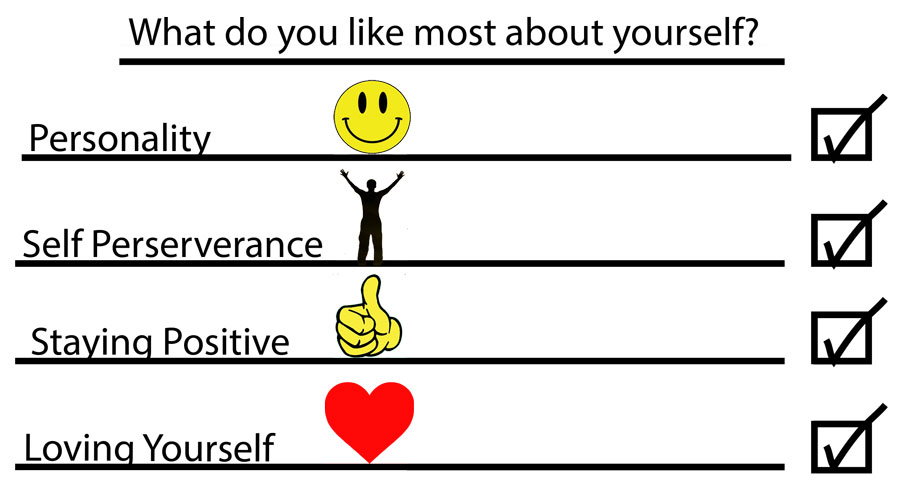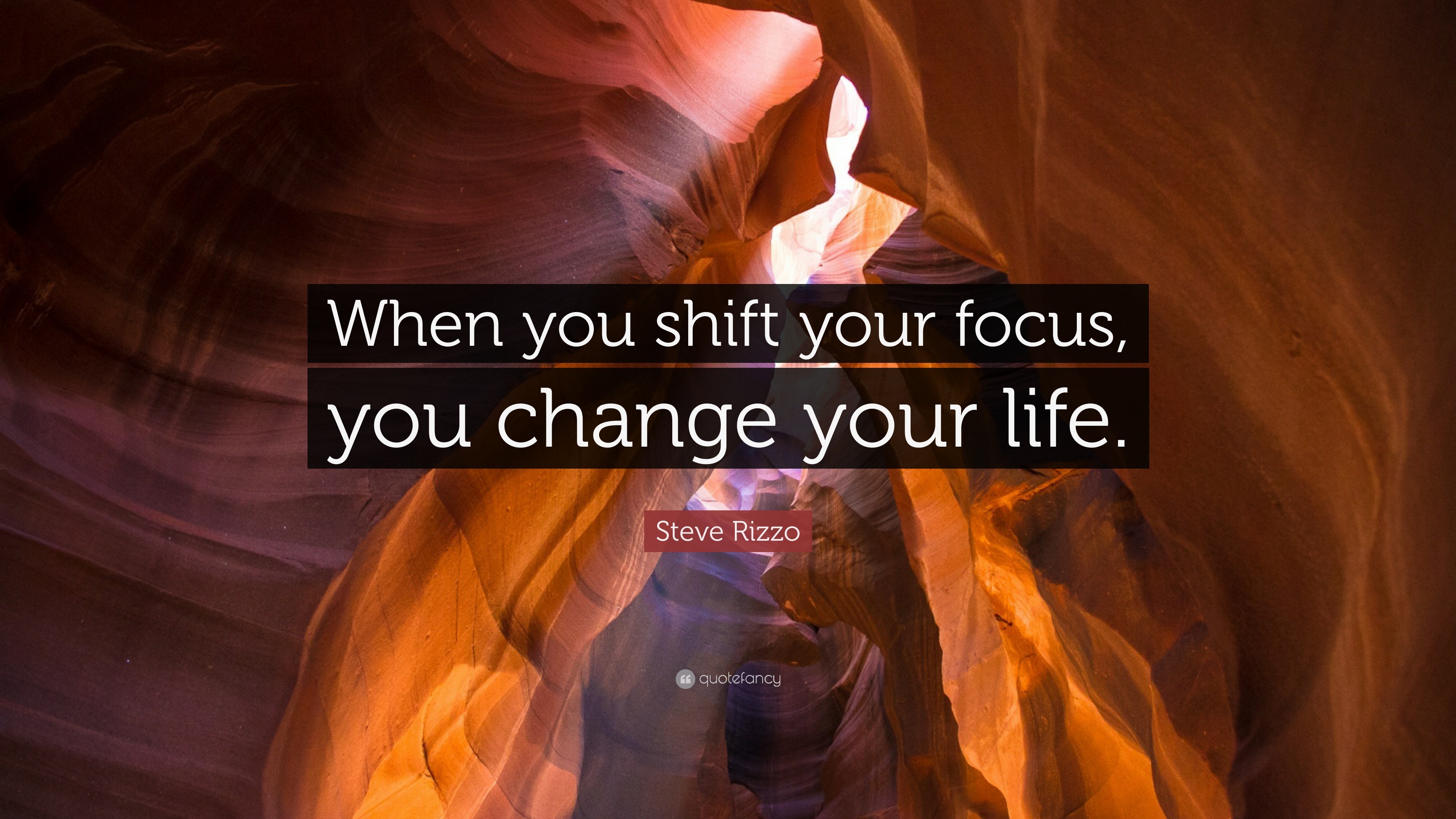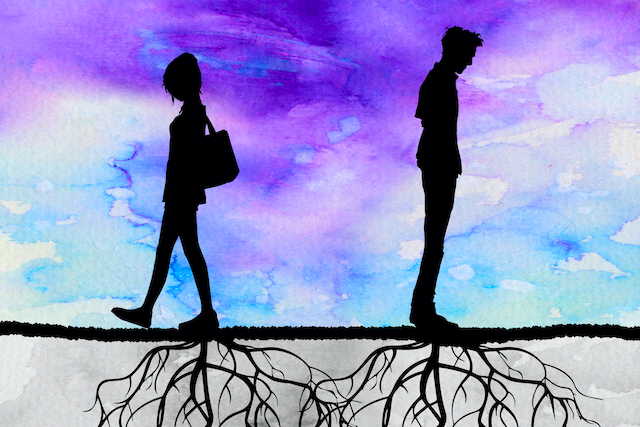Why is heartbreak so painful?
Heartbreak triggers complex emotional and physiological responses. The brain processes emotional pain in similar regions to physical pain, which is why heartbreak can be intense. Additionally, losing a relationship often involves the loss of shared dreams, routines, and a sense of security. This blend of emotional, psychological, and physical pain makes heartbreak a challenging experience to endure.
What are the four stages of healing a broken heart?
While the process can differ for everyone, a common model outlines four stages of recovery: denial, anger, bargaining, and acceptance. Each stage represents a distinct emotional response to loss and is part of the journey toward healing. These stages help you process emotions, understand your new reality, and find a path to move forward.
How do you come to terms with the end of a relationship?
Accepting the end of a relationship is a key aspect of healing. This involves acknowledging your emotions, understanding the reasons behind the breakup, and allowing yourself to grieve. Over time, focusing on your growth, setting new goals, and fostering new relationships can help you accept the change. It’s about creating a new chapter in your life and finding joy in personal growth and future opportunities. Therapy or professional support can also offer valuable guidance in navigating this process.
How to Heal After a Breakup: Tips to Guide Your Recovery
- Allow Yourself to Grieve
View the end of a relationship as a grieving process.
“Give yourself time and space to process the emotions without rushing into another relationship,” advises Bottari. She emphasizes the importance of honoring your emotions without judgment. Reframe your thoughts by acknowledging, “I am feeling sad, and that’s OK.”
While some choose solitude and introspection, others may suppress their emotions and jump into new relationships. “I don’t recommend that,” says Moffa. “We need time to heal, reflect on patterns, and care for our hearts with patience and gentleness.”
- Reconnect with Joy
By dedicating time to self-reflection, you may rediscover activities that once brought you joy but were neglected during your relationship.
“We might feel more open to trying new experiences and embracing freedom, even if it hurts,” says Moffa. Bottari also recommends pushing yourself to engage in social activities, even when it feels difficult. “After spending time with a friend, you’ll likely feel better than if you had stayed home.”
- List What You Like About Yourself
When feeling low, create a list of the positive things you did for your former partner or the qualities they liked about you. You might also list the traits you appreciate in yourself.
For example:
“I made him coffee in the morning.”
“I cheered her up with her favorite song.”
Additionally, writing out qualities you hope to bring to future relationships or finding self-affirmations can boost your mood, such as:
“I am enough.”
- “There is no wrong decision.”

- Acknowledge Thoughts About Your Ex
When thoughts of your ex arise, try not to suppress them. Instead, Bottari suggests observing them without judgment. Acknowledge the thoughts, but let them pass.
“The moment you start judging them, you attach significance to the thought, which brings more emotional weight.”
- Communicate Your Needs
If you’re struggling to keep social commitments or need more time alone, communicate your feelings to others.
“Let others know what you’re going through,” says Bottari. “Many people will understand that you might need time to recover.” - Shift Focus to Others
Sometimes, focusing on helping others can alleviate the pain of a breakup. Volunteering or assisting friends and neighbors can provide a sense of purpose and distract you from negative emotions.
- Express Your Emotions
Talk to a trusted friend, family member, or therapist about your feelings. If you’re not comfortable sharing, consider journaling, meditating, or engaging in a creative outlet like painting to process your emotions.
- Find Comfort in Movement
Exercise can be a powerful tool in reducing stress and managing negative emotions. Whether it’s a dance, daily walk, cycling, or an online workout, incorporating physical activity into your routine can lift your mood during difficult times.
- Avoid Reminders of Your Ex
If you find it hard to cope with reminders of your ex, avoid places, music, or people connected to them for a while. “Go to places that make you feel safe and spend time with people who care about you,” suggests Bottari. Exploring new locations can also provide a fresh perspective.
- Find Meaning in the Breakup
If possible, try to make sense of why the relationship ended, or come to terms with the fact that there might not be a clear reason.
“Over time, you may realize that the breakup was ultimately for the best. But if you can’t find any positive meaning, that’s also valid. What matters is continuing to move forward,” Bottari.
Healing a Broken Heart
How long does it take to heal a broken heart?
Healing from a broken heart is a highly individual process, with no set timeline. The duration of recovery depends on factors like the depth of the relationship, your personal coping mechanisms, and the support you have from friends, family, or professionals. It’s essential to give yourself the time you need to heal. Practicing self-care, seeking emotional support, and being patient with your progress will gradually ease the pain, allowing you to move forward over time.
How do you move on from a broken heart when you still love the person?
Overcoming heartbreak when you’re still in love can be particularly difficult. It involves a combination of acceptance, self-compassion, and a shift in perspective. Accepting the reality of the breakup is the first step in the healing process. Surround yourself with a strong support network and engage in activities that foster personal growth and happiness. Over time, by focusing on your well-being and creating a fulfilling life, you will gradually heal.
In Summary
A breakup can be a deeply emotional experience, leaving you feeling sad and lonely. These feelings are natural, especially if the breakup was unexpected.
“We often forget that we’re meant to grow and change, and this doesn’t always happen in sync with our partner,” Moffa. “Be kind to yourself as you navigate change, growth, and healing. It’s a process that can’t be rushed.”
Remember, it’s okay to not be okay for a while. Give yourself the grace to heal and practice self-compassion along the way.

